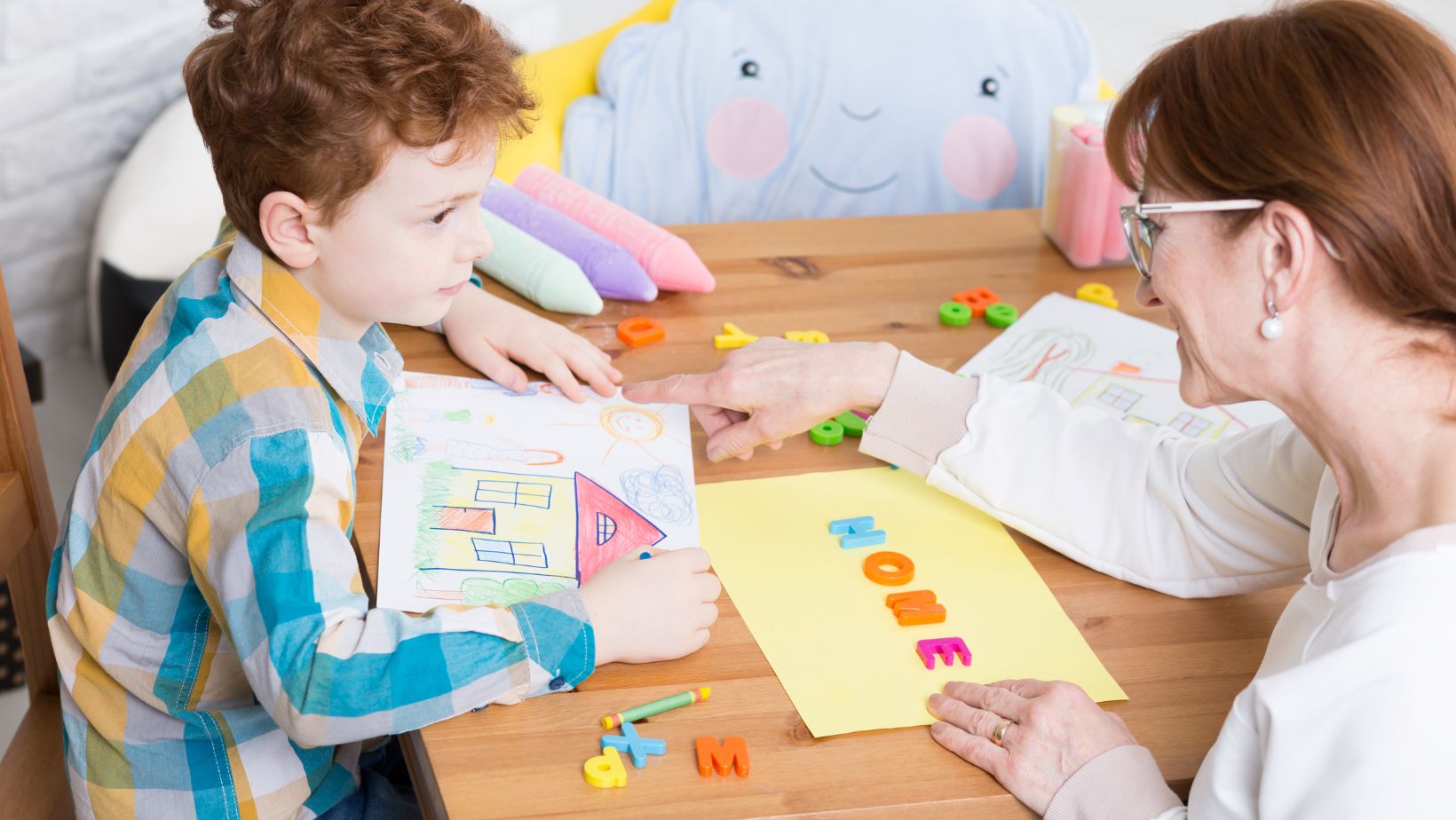In the intricate world of child development, behavioral health stands out as a crucial aspect that can significantly influence a child’s ability to flourish both in school and in social environments. As parents, educators, and healthcare professionals strive to understand and support children with behavioral challenges, the focus on specialized approaches tailored to young minds has never been more critical.
Child Focus Behavioral Health
Child focus behavioral health is pivotal in shaping long-term outcomes for children. This component of healthcare attends meticulously to children’s emotional and psychological wellbeing.
The Importance of Early Intervention

Early intervention plays a critical role in child focus behavioral health. By addressing behavioral issues at a young age, healthcare professionals can significantly reduce the severity of potential long-term problems. Research indicates that early intervention programs can effectively improve behavioral outcomes for children by fostering emotional resilience and promoting healthier coping mechanisms. For instance, children who receive intervention before the age of 5 show markedly better social skills and academic performance later in life. These programs might include therapy sessions, behavioral coaching, and family education, which all contribute to a holistic approach to a child’s health. Early intervention not only helps in mitigating immediate behavioral issues but also lays a strong foundation for future psychological health.
Common Behavioral Health Issues in Children
The exploration of common behavioral health issues in children is essential for extending the benefits of early intervention discussed earlier. Recognizing these issues helps in tailoring early interventions more effectively.
Anxiety Disorders
Children often experience anxiety, which manifests through excessive fear, worry, or nervousness. According to the American Academy of Child & Adolescent Psychiatry, about 10% of children are diagnosed with an anxiety disorder. They struggle with everyday interactions and situations that might seem typical to others. Anxiety disorders in children are usually treatable with a combination of psychotherapy and, if needed, medication. Early identification and support can prevent these disorders from escalating and affecting their adult life.
Attention Deficit Hyperactivity Disorder (ADHD)

Attention Deficit Hyperactivity Disorder (ADHD) is prevalent, affecting around 9.4% of U.S. children aged 2-17, as reported by the Centers for Disease Control and Prevention (CDC). Symptoms include difficulty staying focused, hyperactivity, and impulsive behavior. ADHD not only affects a child’s educational performance but also their social interactions and self-esteem. Management typically involves behavioral therapy, educational support, and medication. Recognizing ADHD early can lead to strategies that significantly improve outcomes.
Mood Disorders
Mood disorders in children, including major depression and bipolar disorder, impact their emotional state and enjoyment of life. The National Institute of Mental Health notes that approximately 3.2% of children aged 6-12 might be diagnosed with depression. These disorders can lead to challenges in maintaining relationships and academic difficulties. Treatment for mood disorders might include psychotherapy, medications, and lifestyle adjustments, all aimed at managing symptoms effectively. Early interventions and consistent support play a crucial role in helping manage these conditions.
Treatment Options for Child Focus Behavioral Health
Effective treatment options are crucial for managing child focus behavioral health issues. The following modalities are instrumental in catering to the specific needs of children, enhancing their well-being and development.
Therapy and Counseling

Therapy and counseling stand as cornerstone treatments for children with behavioral health concerns. Psychologists or counselors tailor interventions to address the unique challenges faced by each child, emphasizing the development of coping strategies and behavioral adjustments. Therapies like Cognitive Behavioral Therapy (CBT) and Play Therapy have been proven effective.
CBT helps children modify negative thought patterns to improve their emotions and behaviors, while Play Therapy uses play as a medium for children to express their experiences and feelings in a natural, self-guided way. Additionally, Family Therapy may be employed to ensure that the family unit collectively supports the child’s behavioral adjustments, fostering an environment conducive to recovery and positive development.

